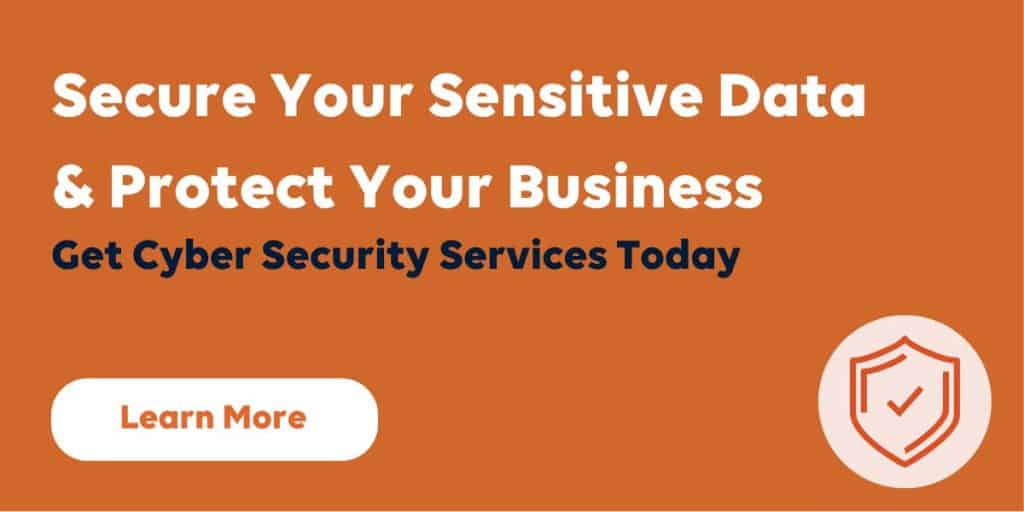Did you know that 62% of all ransomware targets small and medium-sized businesses? Ransomware and other malware target individuals and small businesses more than many people think. That is one of the main dangers of public Wi-Fi.
There are several risks of public Wi-Fi that most people choose to ignore. However, anybody who has suffered from being hacked knows to take precautions. If you have ever experienced this yourself, then you know that it cannot be ignored.
So what are the dangers of public Wi-Fi? Read on to learn all about the different risks of public Wi-Fi you should know about and be prepared to protect yourself from!
Personal Data Theft
Wi-Fi hotspots can sometimes turn into hotbeds of personal information theft. Most people don’t think about what other people could do with their personal information. If you ever pay attention to exactly what information you use to access all of you are different accounts, you might notice that a few key details are enough to get companies and banks to grant control to whoever has those details.
Some people take photos of their driver’s licenses or government IDs to send them to companies to prove their identity. Leaving those photos on a computer means that stealing your identity can be as simple as copying an image.
Hackers can also steal your financial information. This can help them decide if you are worth targeting in other ways.
Many people have their login credentials automatically saved onto cookies on their computers. Anybody who can access the computers of these people can access their accounts as well.
The result of losing your personal information can be the loss of the money in your account, the credit limit on your credit cards, and your reputation.
Business Cyber Attacks
Many people on business trips will use a public Wi-Fi network during their travels. They might check their emails, log on to company websites, or perform other tasks while using such Wi-Fi connections.
Unfortunately, this can make them vulnerable to cyberattacks. And that can make the whole company vulnerable to cyberattacks.
There are a couple of different approaches for targeting a business with cyber attacks. One way is with harmful software. These can include malware of many kinds, including ransomware.
Ransomware can copy the information from your business files and then delete the files from your computers. Then they charge you large amounts of money to give you back your files. For many businesses, functioning without their files is impossible, so they are forced to capitulate.
Hackers also threaten businesses in other ways. In many cases, gaining access to a company is more about speaking with people than hacking their computers.
When someone on a business trip uses a public wireless connection, a hacker might gain access to their emails. The information in those emails can often be enough for them to pretend to be a member of the company.
If they can convince people that they are part of the company, then they can often trick them into providing them with sensitive information or access.
Man-in-the-Middle Attacks
Man-in-the-middle attacks impersonate real Wi-Fi services. When you think you are logging into public Wi-Fi, you are really logging into someone’s personal Wi-Fi.
This can then allow them to take all of the data and information from your computer. On top of that, they can record any passwords or login usernames that you enter while connected to their Wi-Fi.
Whether you are an individual or represent a business, this can cause significant damage.
Unencrypted Connections
Many public Wi-Fi services are legitimate, but they do not provide the extra protection of encryption. That means anybody who intercepts data moving between your devices and the public Wi-Fi can read it directly. That is often all they need to get all the information necessary to steal your identity or ruin your reputation.
Eavesdropping
Another technique used by hackers on victims who use public Wi-Fi is called eavesdropping. They connect to the same public Wi-Fi that you do and then use a packet analyzer to read all of the information that you send.
Packet analyzers are often used in legitimate ways. Network administrators use them to help provide people with quality Wi-Fi. At the same time, they can also be used to steal your information.
Malware
People can set up public Wi-Fi to transmit viruses and other kinds of malware to anyone who logs on to it. Sometimes, these viruses may damage your user experience without you even realizing it. They can place ads all over every website you visit.
Of course, they can also crash your computer or steal your information. Without the right cyber security strategy, businesses are left vulnerable.
Session Hijacking
Some hackers also use something called session hijacking to target people on public Wi-Fi. Session hijacking copies the information that you send over the internet and then uses it to impersonate you.
Since they appear to be you, they can then use that appearance to access your bank account or anything else connected to your computer.
Avoid the Dangers of Public Wi-Fi
We hope that you could take away something helpful from this brief article on some of the most critical risks of public Wi-Fi that you should keep in mind. Avoiding the increasing prevalence of ransomware and protecting yourself from malware is an investment that will pay for itself many times over. If you have ever been hacked, you know just how much damage it can do and how much trouble it can be to resolve.
To learn more about how you can protect yourself from the dangers of public Wi-Fi and other technological problems with our Business IT support. Feel free to reach out and get in touch with us here at any time!





